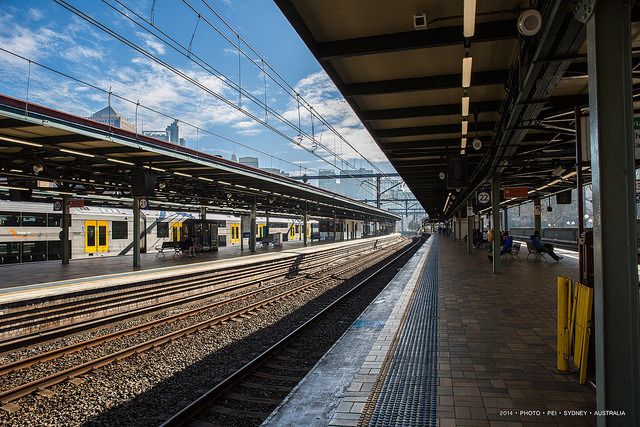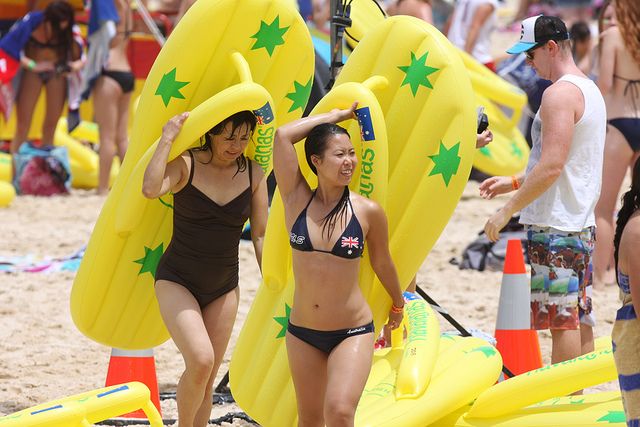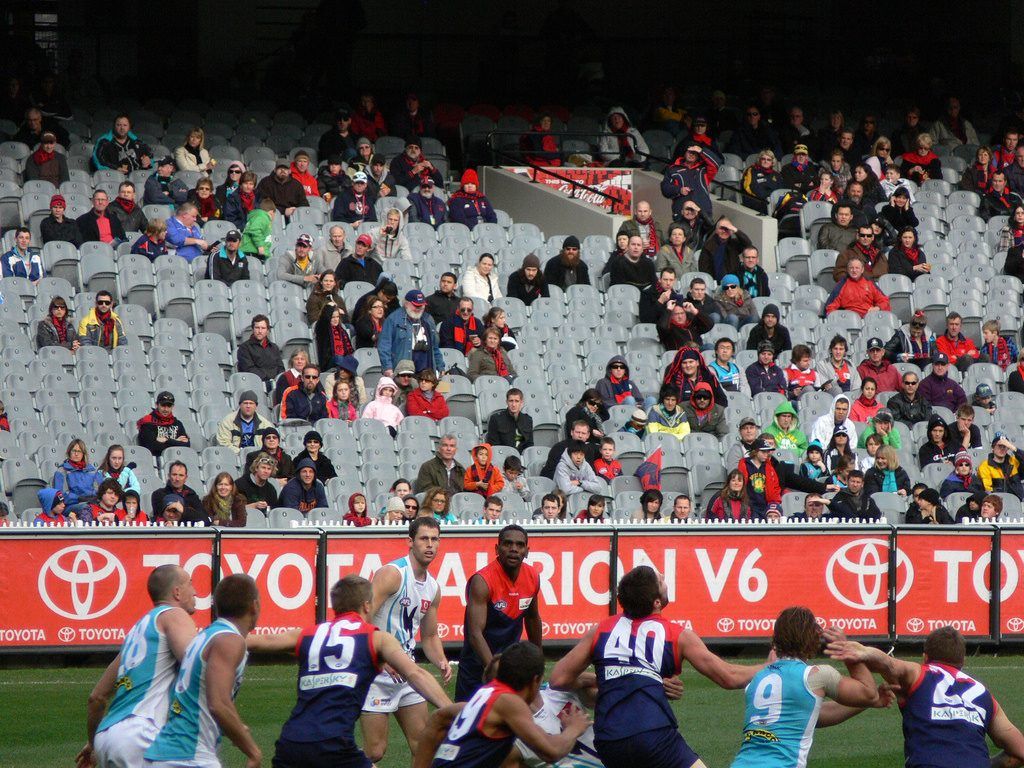Aussie Rules: An Etiquette Guide For Visitors To Australia
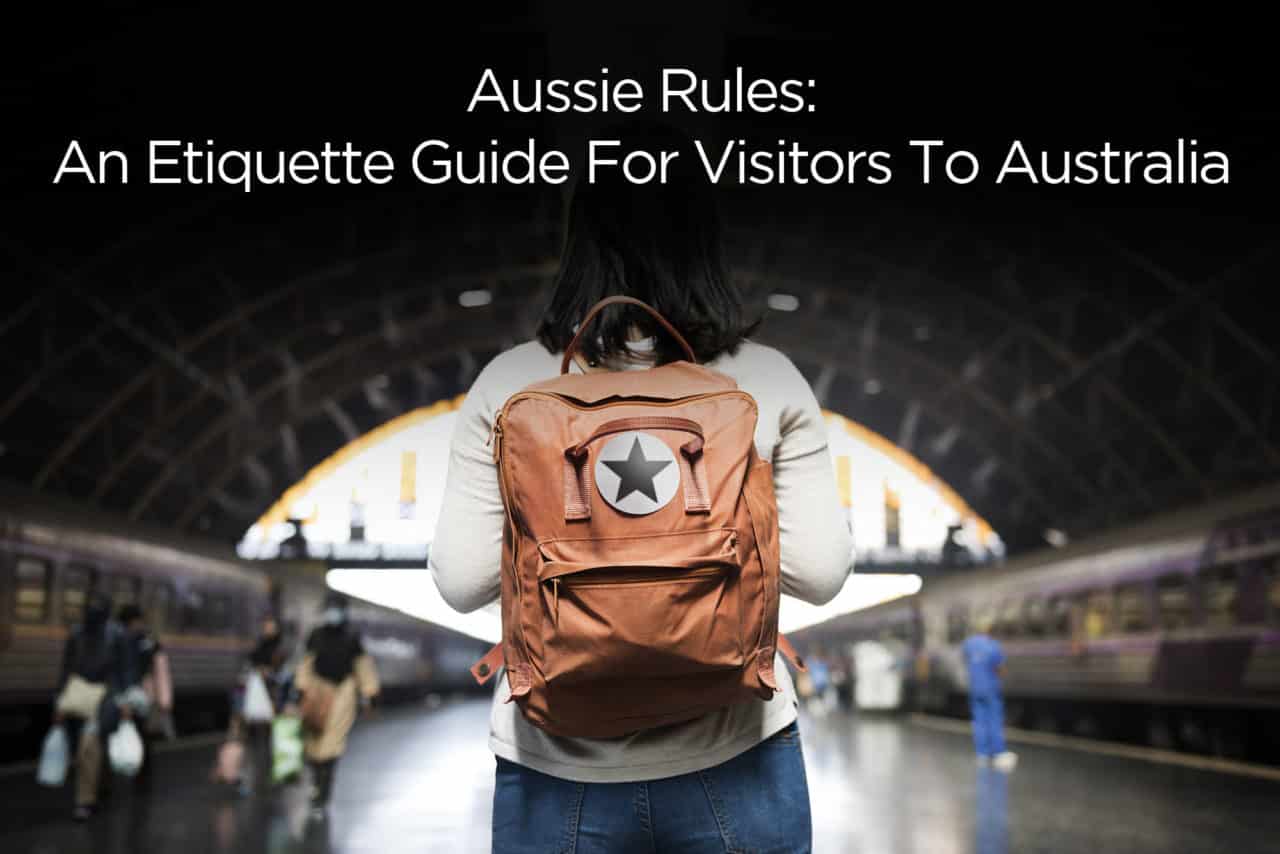
Many travellers think that visiting Australia comes with very little culture shock – it’s like the UK but warm they all too often assume. But as a Brit who married an Aussie and moved from London to Sydney, I can assure you there’s a lot of Aussie idiosyncrasies to get acquainted with.
So to help you plan your visit Down Under I’ve compiled my guide to Aussie etiquette. We’ll get you mastering the customs and lingo of this sunburned country with ‘no worries mate’!
Stand On The Left
Sometimes it’s the smallest changes that can trip you up and I must admit that where to stand on the escalator gets me every time. After living in London, where standing on the right is drilled into you by announcements, signs and impatient commuters, it has caused me no end of confusion to come to Australia and be required to stand on the left. It takes going against all my natural inclinations in department stores and train stations in order to get this one right.
Opal, Myki, Oyster, What?
In the time since I moved to Australia both Melbourne and Sydney have installed travel cards systems similar to the Oyster in London and Octopus in Hong Kong. Called Opal in Sydney and Myki in Melbourne, you need one of these magic cards to board buses, trains and trams (in Melbourne) but sometimes they can be a little difficult to get hold of. Until recently it was virtually impossible to top up an Opal at a train station in Sydney (cue massive infuriation) so look out for convenience stores with the Opal signs to make sure you have sufficient funds before travelling. Your friendly hotel concierge will also be able to point you in the right direct.
To Tip Or Not To Tip
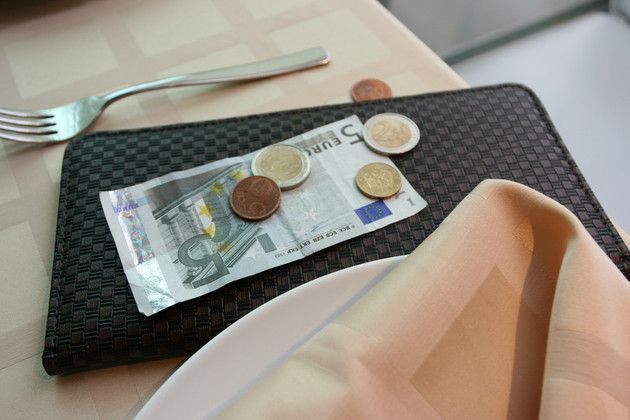
(Tipping not necessary. Image source)
Don’t tell my husband but for a long time I thought he was massively stingy for not tipping in cafes and restaurants. But after asking around some Aussie friends and observing what the locals do I’ve discovered he is not the only one who doesn’t tip at every opportunity. In Australia, unless you’re somewhere super fancy or the service has been exemplary, it’s not necessary to leave a tip – especially if you’ve just ordered a quick coffee. The same goes for hairdressers and taxis.
Footwear Is Optional
Much to my British amusement the Aussies call what we know as ‘flip flops’ ‘thongs’ – a word we Brits associate with uncomfortable undies. Aside from giggling at this change of definition I quickly learned in Australia that thongs (the shoe variety) are not always necessary, particularly in coastal regions during the summer season. It’s not unusual to see men (mostly) running around the supermarket and servo with bare feet. (How they stand on the broiling, hot tarmac without squealing I’ll never know!)
Intro To The Lingo
Speaking of terminology, any new visitor to Australia will need a mini intro to the Aussie lingo. The usual greeting in Oz is ‘How ya goin?’ and rather than reply with your mode of transport the expected reply is ‘Good mate, how ya goin?’
Be prepared to encounter a lot of people with ‘no worries’, a term used to mean ‘I’m good’, ‘no problem’, ‘ you’re welcome’ and any other similar sentiment.
But to really understand the local lingo you need to get to grips with the Aussie habit of shortening words and adding an O. A few translations you may need are as follows:
Servo – service/petrol station
Bottle-O – a liquor shop
Arvo – the afternoon
Ambo – an ambulance
Smoko – a break from work, not necessarily to have a cigarette
Avo – an avocado, served smashed on everything
Footy, Football, Soccer or Rugby?
So I may not be the best person to describe the different sport terms, especially as the popular choice of game and name can differ from state to state, but in a nutshell my other half has taught me this:
When Aussie says they are watching the ‘footy’ they generally mean a game of Aussie Rules (also known as AFL) – unless you’re in NSW in which case they’re probably referring to a game of Rugby League. If they’re watching ‘soccer’ they mean European football. If at any point you use the word football they’ll immediately know you’re English.
Aussie Rules – for the uninitiated – is an intriguing Aussie mash up of football and rugby that is played on a large oval with a rugby ball and goalposts, 18 men on each team, plus at least six referees. You should try and watch a game when over here – you’ll have no idea what’s going on but grab a pie and beer and enjoy it!
What Happened To All The TV Channels?

(Popular Aussie TV show Home & Away. Image source)
Throughout Oz the main free to air TV channels are Channel 7, 9, 10 and 11, which often leaves a newbie wondering whatever happened to numbers 1 to 6? I’m still wondering why 8 is never mentioned..
Jayne Gorman is a freelance travel writer and award-winning travel blogger who blogged her way around 40 countries before her 30th birthday. Now Sydney-based you’ll often find her sniffing out the latest street art and sweet treats around the city.










